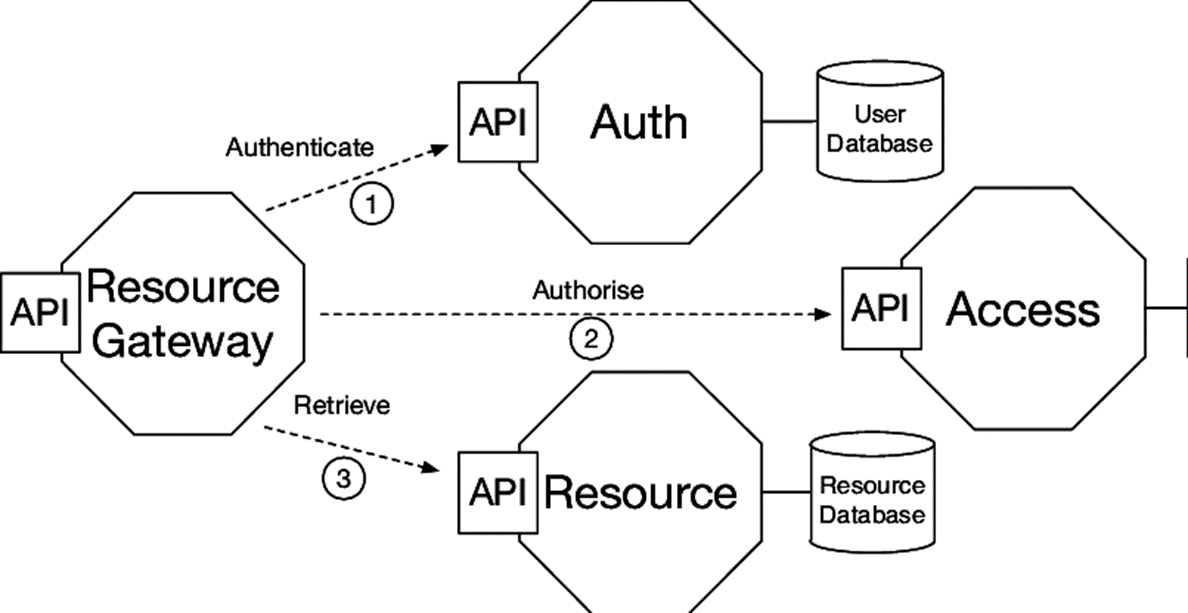Modular Software Design in Distributed Systems: Strategic Approaches for Building Scalable, Maintainable, and Fault-Tolerant Architectures in Modern Microservice Environments
Keywords:
Consul, Redis, Elasticsearch, Prometheus, GrafanaAbstract
This research paper explores the principles and impacts of modular software design in the context of distributed systems, emphasizing its importance in managing the complexity and ensuring the scalability, maintainability, and fault tolerance of such systems. Modular software design, which decomposes software into self-contained, interchangeable modules, promotes reusability and parallel development. Distributed systems, characterized by their scalability, fault tolerance, and resource-sharing capabilities, benefit significantly from modular design as it aids in fault isolation, independent module testing, and parallel development. The paper delves into the theoretical underpinnings of modular design, including key concepts such as modularity, cohesion and coupling, and encapsulation, and discusses various design patterns like microservices, Service-Oriented Architecture (SOA), and layered architecture. Through detailed analysis and case studies, the research highlights how modular design addresses the inherent challenges of distributed systems, such as synchronization, data consistency, and security, thereby enhancing their performance and reliability. The findings underscore the critical role of modular design in facilitating scalable, maintainable, and reusable software systems, paving the way for future research and development in this field.
